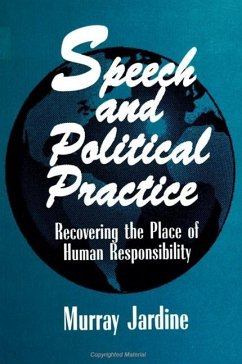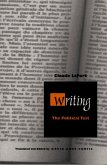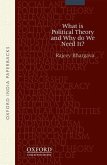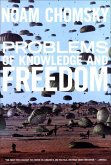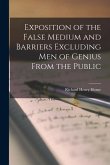Recently, political theorists, philosophers, and theologians have given considerable attention to the role of narrative both in the formation and maintenance of political communities and in moral reasoning. Speech and Political Practice examines a central question for narrative-based theories of community and ethics: How can we tell a good story from a bad one? That is, how can narrative models of community escape moral relativism? It argues that a good, or morally acceptable, narrative provides the members of the community derived from it with a sense of place that can allow individuals to understand their own identity and its relation to others. Such a sense of place can establish limits on individual action and on what a community may demand of individuals, as well as on a community's action toward other communities. Speech and Political Practice develops a dynamic and egalitarian conception of place based on the human capacity for speech. It argues that places of responsibility can be derived from the structures of various types of speech act, and that such places of responsibility can establish limits on individual and collective action without abandoning legitimate modern achievements such as democracy and science. Drawing upon recent philosophy of language and science and upon anthropological studies of oral, literate, and electronic-image cultures, Jardine concludes that practical development of speech-based places will require that we reorient ourselves from visual modes of experience toward oral/aural experience. He discusses what this would imply for a revival of public life.

